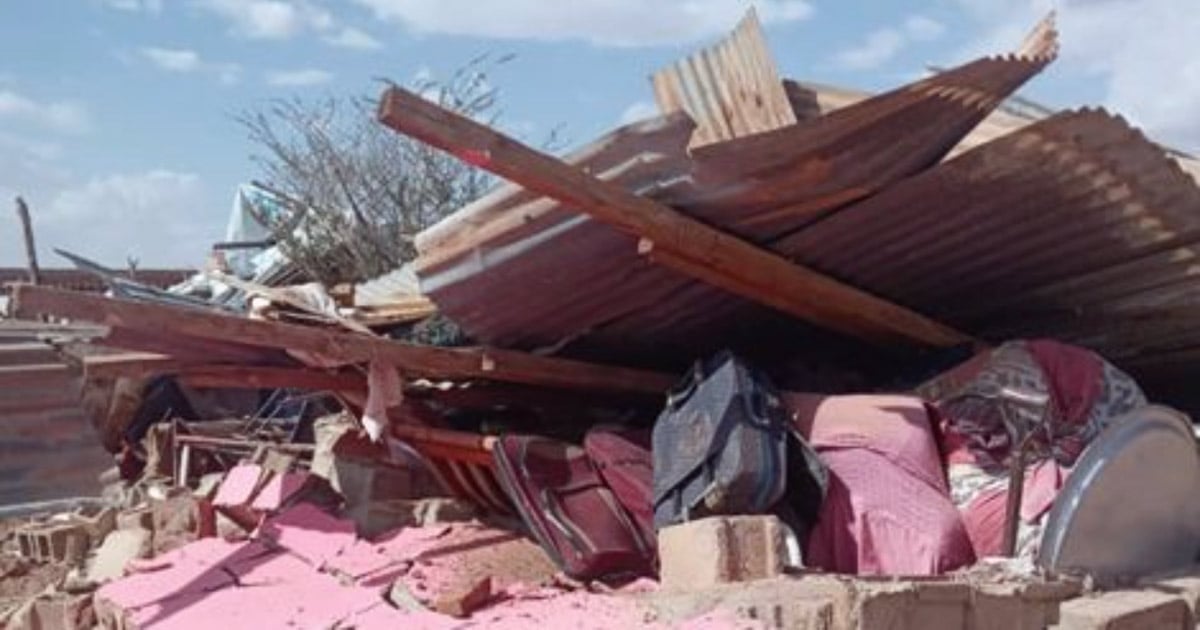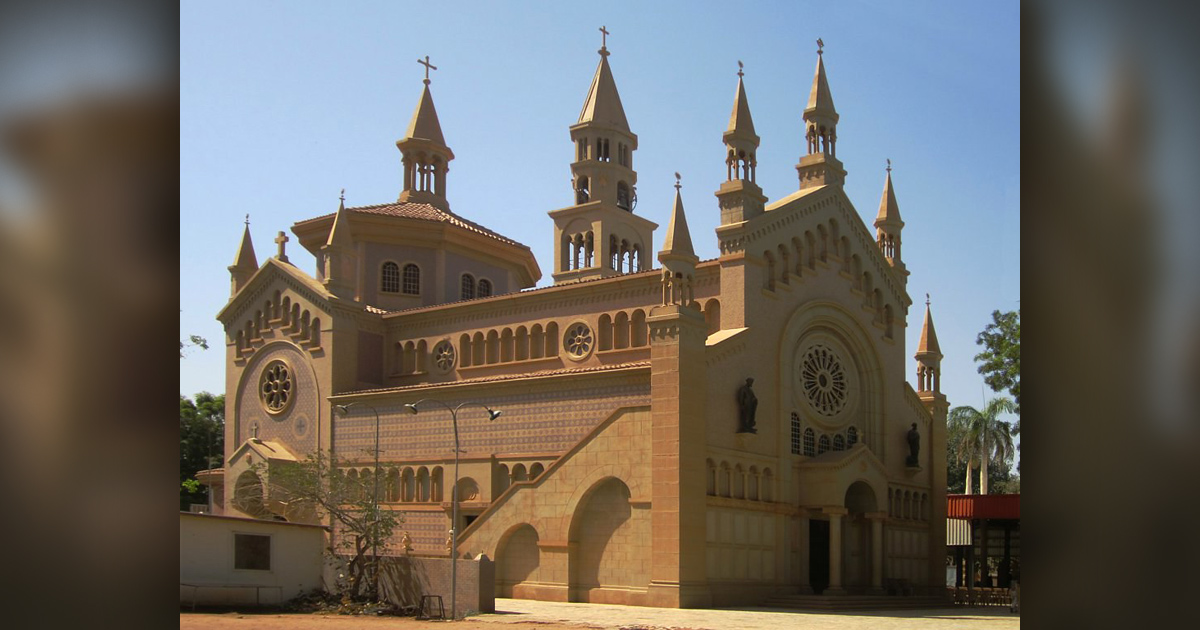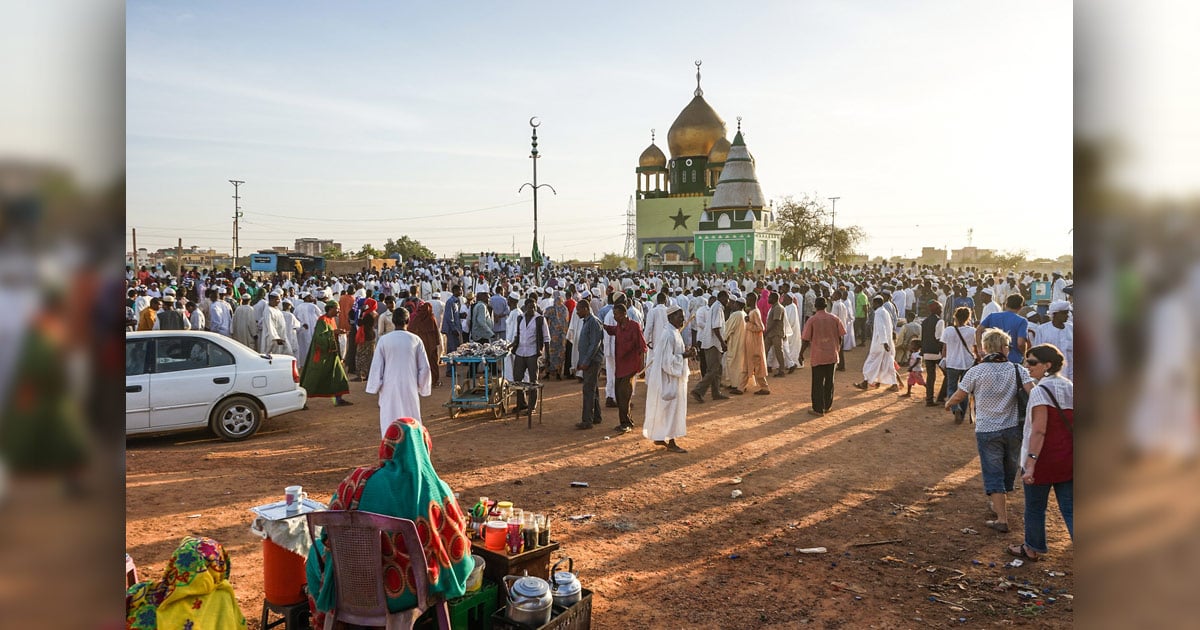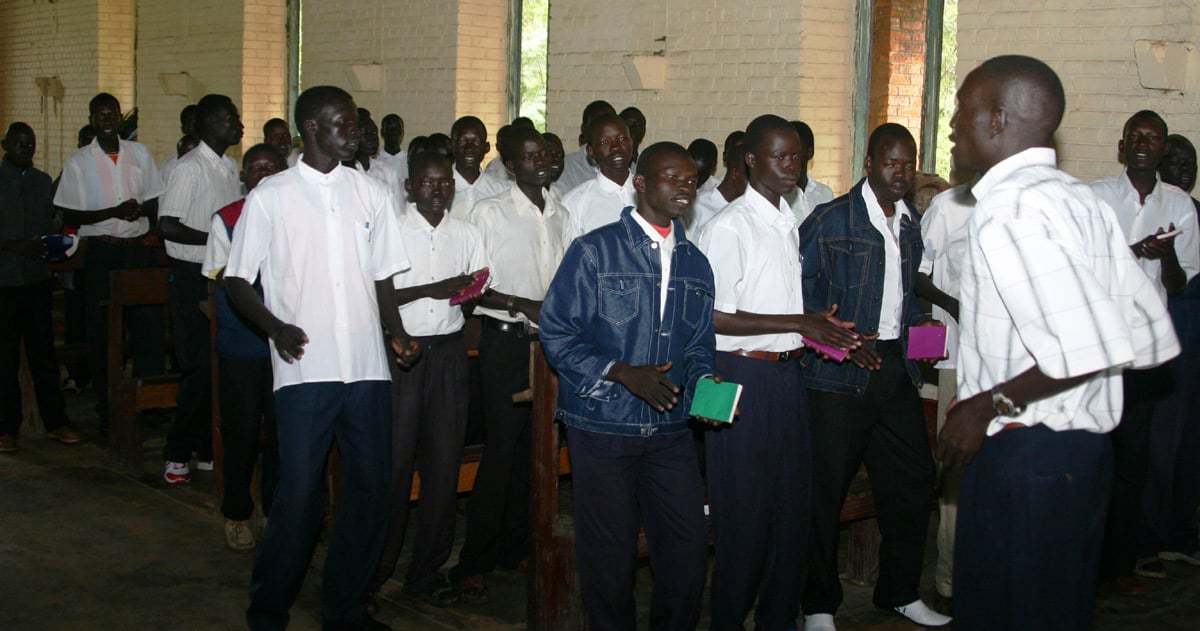Many have been carefully following the peace talks between the government of Sudan and the rebel army because of the significant impact on Christians in southern Sudan. On July 22, the Religious Liberty Conference of the World Evangelical Alliance released an update on the peace process. Below is the update, as released:
UPDATE ON THE SUDAN PEACE PROCESS
Elizabeth Kendal
World Evangelical Alliance - Religious Liberty e-mail Conference.
http://www.worldevangelical.org/rlc.html
MACHAKOS TALKS - JULY 2002
Twelve months ago, on 20 July 2002, a historic peace deal was signed in Machakos, Kenya, between the Government of Sudan (GoS) and the Sudan People's Liberation Movement/Army (SPLM/A). That document, known as the Machakos Protocol, provided a 'roadmap' for peace in Sudan.
The Sudan peace talks are sponsored by the regional Inter-Governmental Authority on Development (IGAD), which groups Djibouti, Eritrea, Ethiopia, Kenya, Sudan, Uganda and nominally Somalia.
The Machakos Protocol granted Southern Sudan the right to hold an internationally supervised referendum on independence after six years of autonomous rule, and full religious freedom. Of course many hurdles lay ahead. The issues of power-sharing, wealth-sharing and religious freedom still loomed large. Efforts to resolve these issues would test the signatories' commitment to peace as talks progressed over the following year.
However, Machakos only happened because after 11 September 2001, the GoS came under intense international pressure to make peace, primarily from a US administration waging a war on international terrorism. It was a watershed moment for Sudan.
After the signing of the Machakos Protocol, Rev. Enock Tombe of Sudan's Council of Churches said "both sides now must move quickly to remove the remaining hurdles to peace before momentum is lost." Unfortunately, as international attention has drifted elsewhere - primarily to Iraq and the "axis of evil" (which did not include Sudan) - hurdles have not been removed and momentum, along with international attention, pressure and patience, has waned. The concern is now that the peace process may flounder.
----------------------------------------------------------
Machakos was a deal between the GoS and the SPLM/A. Yet for any peace deal to work, it had to include the other opposition parties, it had to be widened; it had to have a national consensus.
KHARTOUM DECLARATION
On Saturday 24 May 2003, John Garang, who heads the Sudan People's Liberation Army (SPLA) and Sadeq al-Mahdi, head of the Umma Party, and Mohamed Osman al-Mirghani, leader of the Democratic Unionist Party, met for talks in Mirghani's home in Cairo where he lives in exile.
"Any peace agreement reached in Machakos will require a national consensus," said Garang. "We are doing the homework for this consensus." (AFP 25 May) One appeal to come from this meeting was that the national capital, Khartoum, be ruled under secular rather than Islamic laws.
Presidential Peace Adviser Ghazi Salah Eddin Atabani said this was out of the question. President Omar el-Beshir declared Khartoum "will never be secular and we will sacrifice our souls" to prevent this. "We took power on June 30 (1989) to foil a conspiracy for abrogating Islamic Sharia." He said opposition leaders Mahdi and Mirghani "are planning to undermine the negotiations and thus torpedo the entire peace process" (AFP 18 June). "Any attempt to renegotiate that (Khartoum's religion) question will mean undermining the peace talks and aborting the peace process," said el-Beshir (AP 19 June).
Then in early July, 18 opposition parties, 15 non-government organizations and more than 40 individual opposition leaders signed The Khartoum Declaration, which calls for Khartoum to be a national secular capital, an end of one-party rule, a release of political prisoners and a transitional government to supervise general elections. The Khartoum Declaration was due to be unveiled to the media on 2 July, but a government crackdown on opposition figures prevented it.
ISLAMIST PRESSURE
There is a lot of Islamist pressure rising in Khartoum. On 26 June, some 5,000 armed fighters of the Islamist Popular Defence Force (PDF) rallied in Khartoum vowing to support jihad and el-Beshir's "revolution of national salvation" (national Islamisation). (DPA 27 June). On 4 July, Khartoum's leading islamist scholars issued a fatwah: "Whoever approves or calls for the application of a ruling other than the Islamic Shariah - like those who call for socialism or communism or other subversive beliefs that contradict Islamic thought - is, frankly, an apostate," and as such deserves to be killed. Fourteen prominent scholars, including two university professors, signed the fatwah. (AP 4 July).
NAKURU TALKS - JULY 2003
From 6 - 11 July, meetings that were supposed to be the final stage of IGAD mediated talks were held in Nakuru, 160km (100 miles) west of Nairobi, Kenya. Those talks were intended to finalise the outstanding issues of the status of three disputed regions -- Abyei, Southern Kordofan (Nuba Mountains), and the Blue Nile - as well as power-sharing, wealth-sharing, security arrangements during the six-year transition period, and religious freedom. Also, final documents were to be drafted for the parties to sign in mid-August.
The GoS negotiators looked at the draft document presented to them by IGAD and rejected it. A major stumbling block was the call for Khartoum to be a shared and secular capital (for north and south).
TALKS FAIL
The SPLM/A saw the draft presented in Nakuru as a basis for peace. "For us, we see it as a way forward," an SPLA source said. "We are very happy with the draft, not that we agree with all the issues but it is a basis." (Reuters 11 July).
However, the GoS response was toxic. President Omar al-Beshir told the Kenyan-based IGAD mediators that if they insisted on pushing the draft peace settlement rejected by his negotiators, then "IGAD and those behind it" could "go to hell". He told the IGAD mediators to "come up with a reasonable alternative, otherwise they have to dissolve the document in water and drink it." El-Beshir then gave a speech at Nur al-Dinn, on how Sudanese government troops had fought a 20-year war to defend Islam. El-Beshir declared his government "is committed to peace but not to surrender" (AFP 15 July).
Amin Hassan Omer, a negotiator for the GoS, described the draft as "contrary to the contents of the Machakos framework . unfair, contradictory and unfit to constitute a basis for negotiation" (DPA 12 July). The GoS has blamed IGAD for the failure of the talks and requested intervention from Egypt and the Arab League to help break the impasse (AFP 14 July). The GoS Presidential Peace Advisor, Ghazi Salah Eddin Atabani, complained that the draft proposals "differ largely" from the Machakos Protocol and "pave the way for secession
of southern Sudan while Machakos calls for unity." Atabani has requested "entirely new proposals" (AFP 13 July).
The Sudan Council of Churches strongly rejects the GoS assessment, saying that the draft is indeed fair and in line with the Machakos Protocol. They also expressed concern about interference from Arab nations and the GoS request for alternative mediators, and called on the parties to return to the negotiating table. (Link 1)
The IGAD chief mediator, General Lazaro Sumbeiywo, also disagrees with the GoS assessment, maintaining that the peace draft is fair, impartial, balanced and supported by the international community.
"END GAME"
There is great concern that Washington, which appears to be running out of patience and commitment, might buckle under pressure from Khartoum and press for a "peace at any cost" deal. John Danforth, the special envoy of the US President George W. Bush in Sudan, has expressed his frustration, declaring that this is the "end game", and warning that the international community would divert its attention from Sudan if an agreement is not be made very quickly (Link 2).
It is unlikely that the GoS would view that as a threat -- probably more of an opportunity -- while it would truly signal an "end game" scenario for the Southern Sudanese. Even as the Nakuru talks were getting underway the GoS was resupplying its southern military garrison in Juba in direct violation of the Memorandum of Understanding of 15 October 2002.
The GoS has repeatedly terrorised and starved its people and violated ceasefire agreements with impunity -- and impunity equals permission. As such, one wonders whether the GoS has any desire to pursue peace or even if they have any reason to.
The GoS is a brutal regime that stops at nothing. Just last week GoS warplanes conducted bombing raids of twenty-five villages in northwest Darfur, western Sudan, killing at least 300 villagers and wounding 200, with many dying as victims of a "toxic gas". The GoS targeted the region because it believes the inhabitants support an opposition movement. (AFP 20 July). It is not the first time the GoS has used chemical or biological weapons. This is a regime that has used starvation as a weapon of mass destruction.
------------------------------------------------------------
A rejection of the IGAD mediation and draft peace proposals would seriously undermine the very principle of a diplomatic, democratic peace process, and fail the long-suffering people of Sudan who have lived with poverty, jihad and repression for far too long. Negotiations are supposed to recommence on 23 July, but there is already talk of postponement.
------------------------------------------------------------
Links
1) Sudan Council of Churches Speaks On Peace Process Catholic Information Service for Africa, Nairobi, 18 July 2003
2) Danforth: we have reached the end of the game in Sudan Sudan-USA, Politics, ArabicNews.com 7/19/2003 (http://www.arabicnews.com/ansub/Daily/Day/030719/2003071909.html)
For further background see: WEA RLC Sudan - Translating a Document into a Reality, 26 July 2002 (http://www.worldevangelical.org/persec_sudan_26jul02.html)
For news on Sudan (including the other articles referred to in this posting) see (http://www.sudan.net/news/news.html)

 Population
Population



